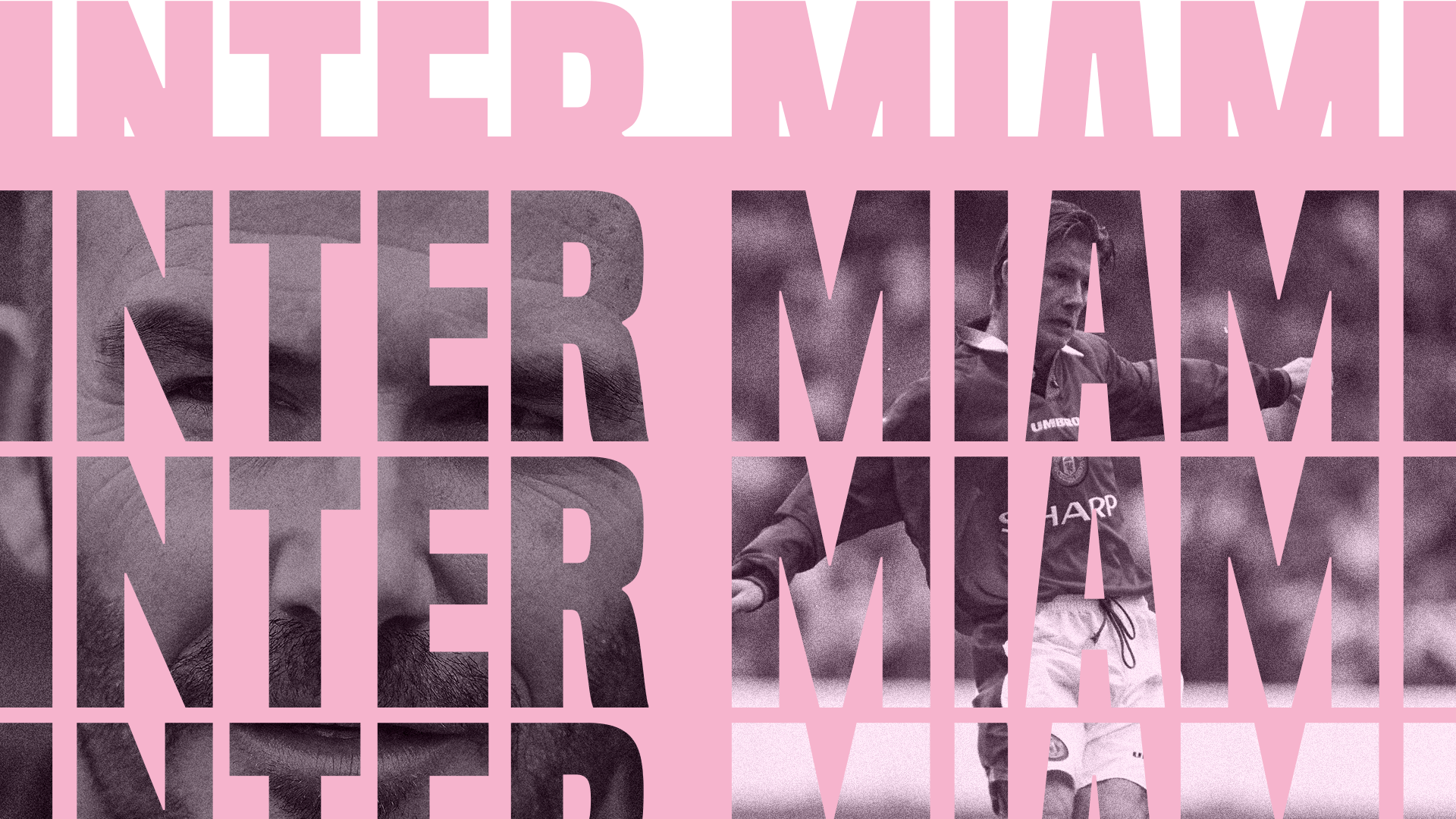
Beckham's biggest challenge: Bringing soccer back to Miami
By Ryan Tolmich
For years, conventional wisdom surrounding Major League Soccer has stated that some things simply would never be. Soccer would never be able to pack stadiums, soccer-specific or otherwise. Big-name stars would never want to leave Europe behind for America. This sport, one beloved by millions all over the world, would never be more than niche at best or a fad at worst.
Conventional wisdom also stated that professional soccer could never succeed in Miami. It had been tried several times before, most notoriously with the ill-fated Miami Fusion from 1998 to 2001. In a town as fickle as Miami and in a league that has famously struggled for relevancy in big markets, there was reason to believe that those doubts about soccer were something much, much more. There was plenty of evidence that those doubts were actually facts.
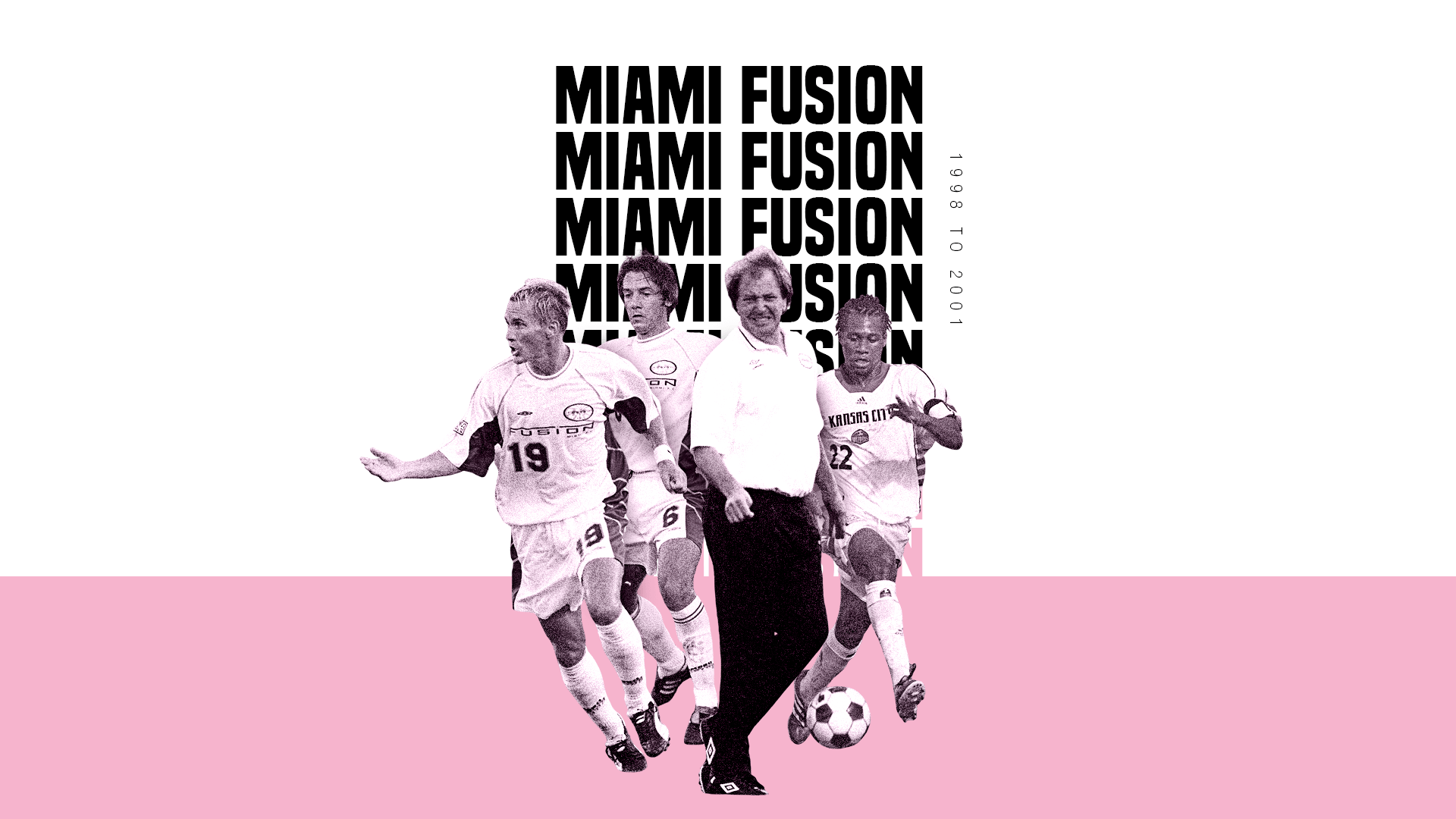
But David Beckham doesn't deal with doubts and, in recent years, MLS hasn't believed in reeling in ambition in the face of that conventional wisdom. Those aspirations combined with Beckham's star power have brought soccer back to Miami despite the obstacles, and all involved believe that this time will be much, much different.
"Obviously I had a long career in the game and a pretty successful career in the game which I'm very proud of, but, as a person, as a professional, I always loved a challenge," Beckham said. "I always loved a challenge in playing, in business and in life in general. I always knew this was going to be a challenge, but I didn't realize how big of a challenge it was going to be."
He added: "It's been a long journey, but I always knew that it would be worth it from Day 1. People used to turn around and say to me, 'Why Miami?', and I was like, 'Really? is that a serious question?'"
To understand what the return to Miami means for the sport in the U.S., you must understand the league's history with the city. It's a history littered with failures and miscalculations.
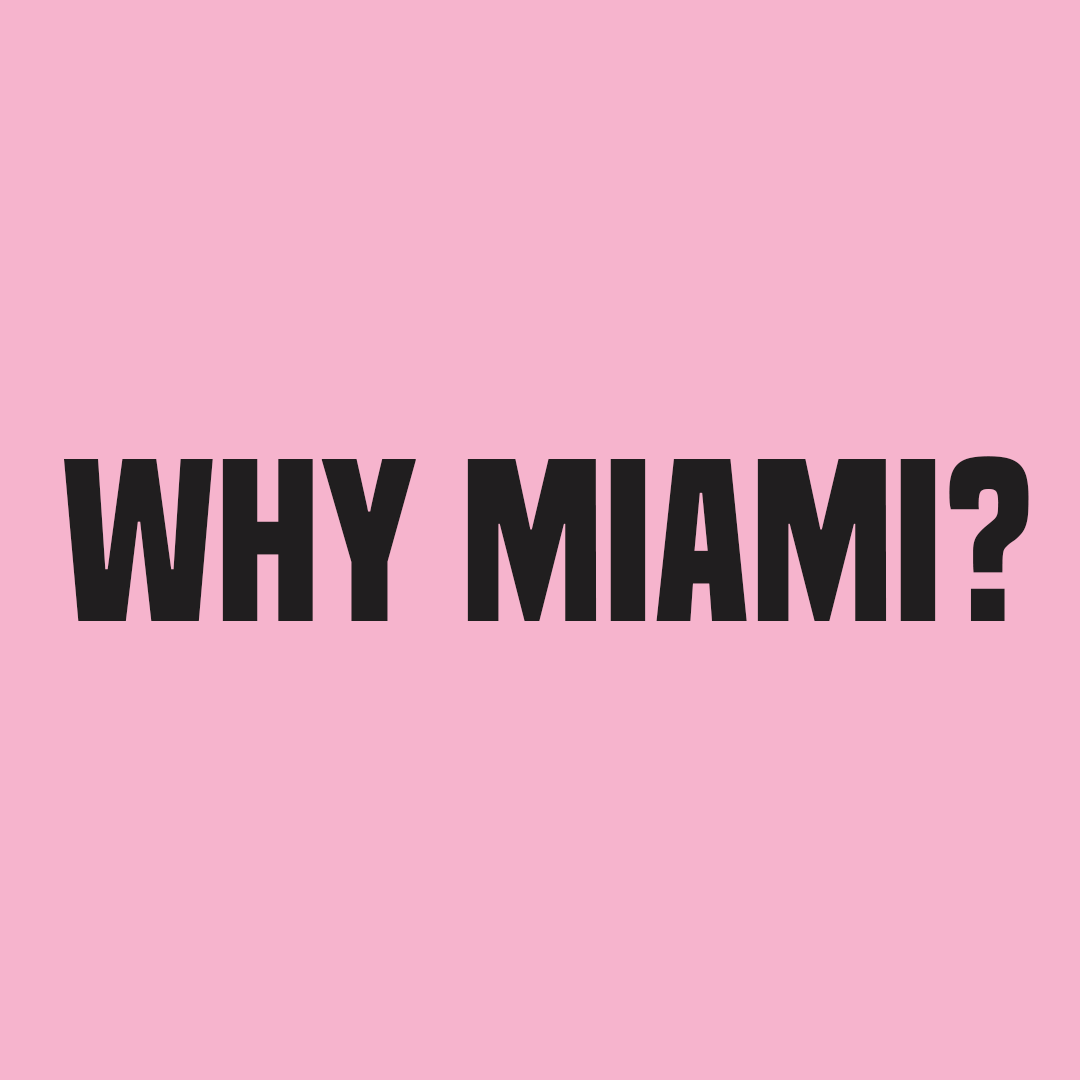
In 1998, with MLS entering its third season, soccer came to Miami as part of the league's first-ever expansion process. The Fusion, playing in the league's first-ever soccer-specific stadium in nearby Fort Lauderdale, were meant to change the game. The league saw Miami for what it was and could be. It's a haven of Hispanic culture, a destination city for European travellers and a historic location in American society. In many ways, it was the perfect soccer city.
Except it wasn't.
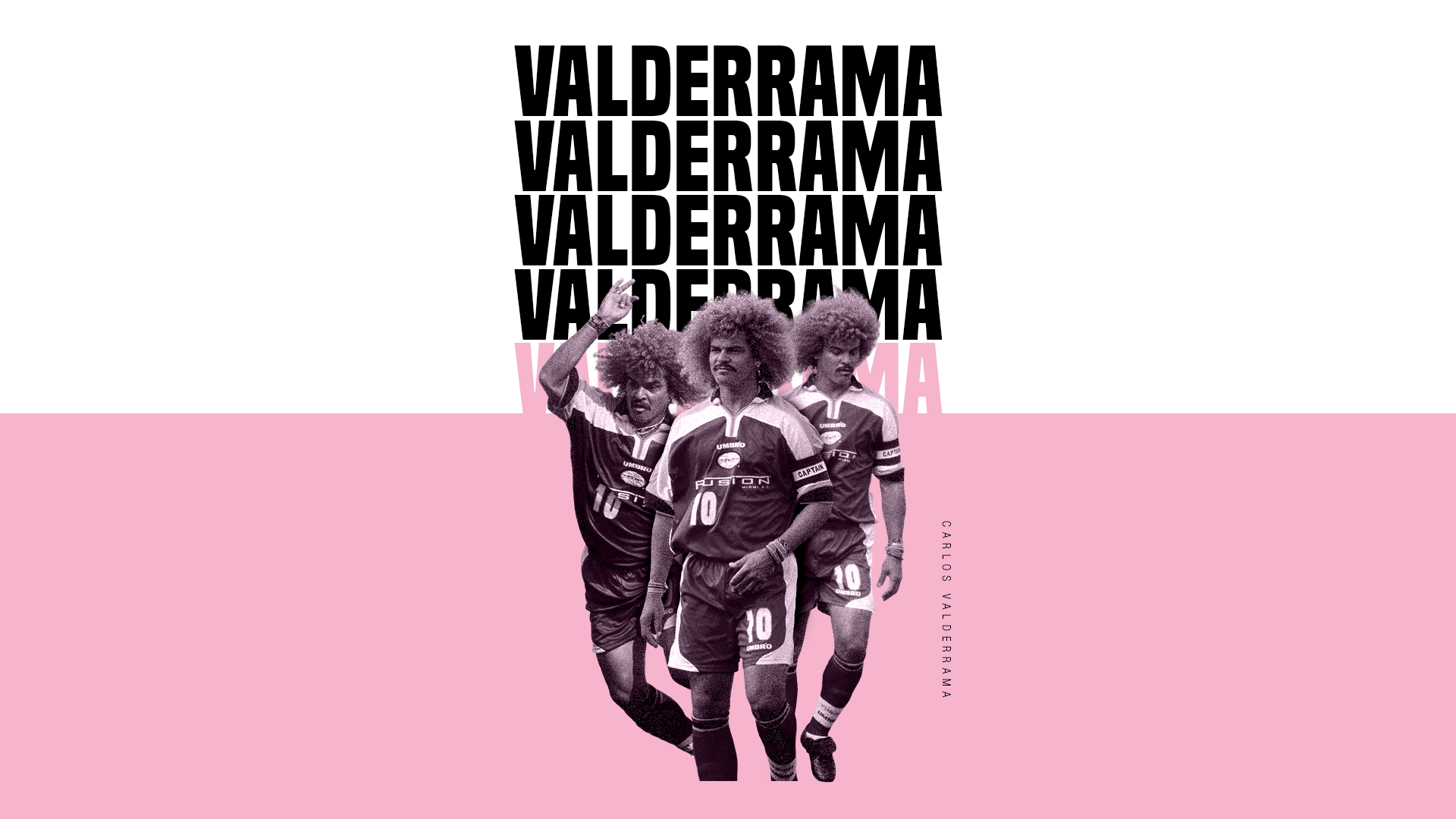
Led by Colombian legend Carlos Valderrama, the Fusion drew 20,450 for their first game but, by season's end, that attendance averaged out at around 10,000 a game. In year two, the club dumped Valderrama as attendances dipped once again.
By 2001, the club was struggling financially, as was MLS. The league had lost an estimated $250 million during its first five years and MLS commissioner Don Garber decided amputation was the only way to truly stop the bleeding. After finishing first in the East with a team featuring future MLS stars like Nick Rimando, Kyle Beckerman and Pablo Mastroeni, the Fusion joined the Tampa Bay Munity in contraction as both teams ceased operations.
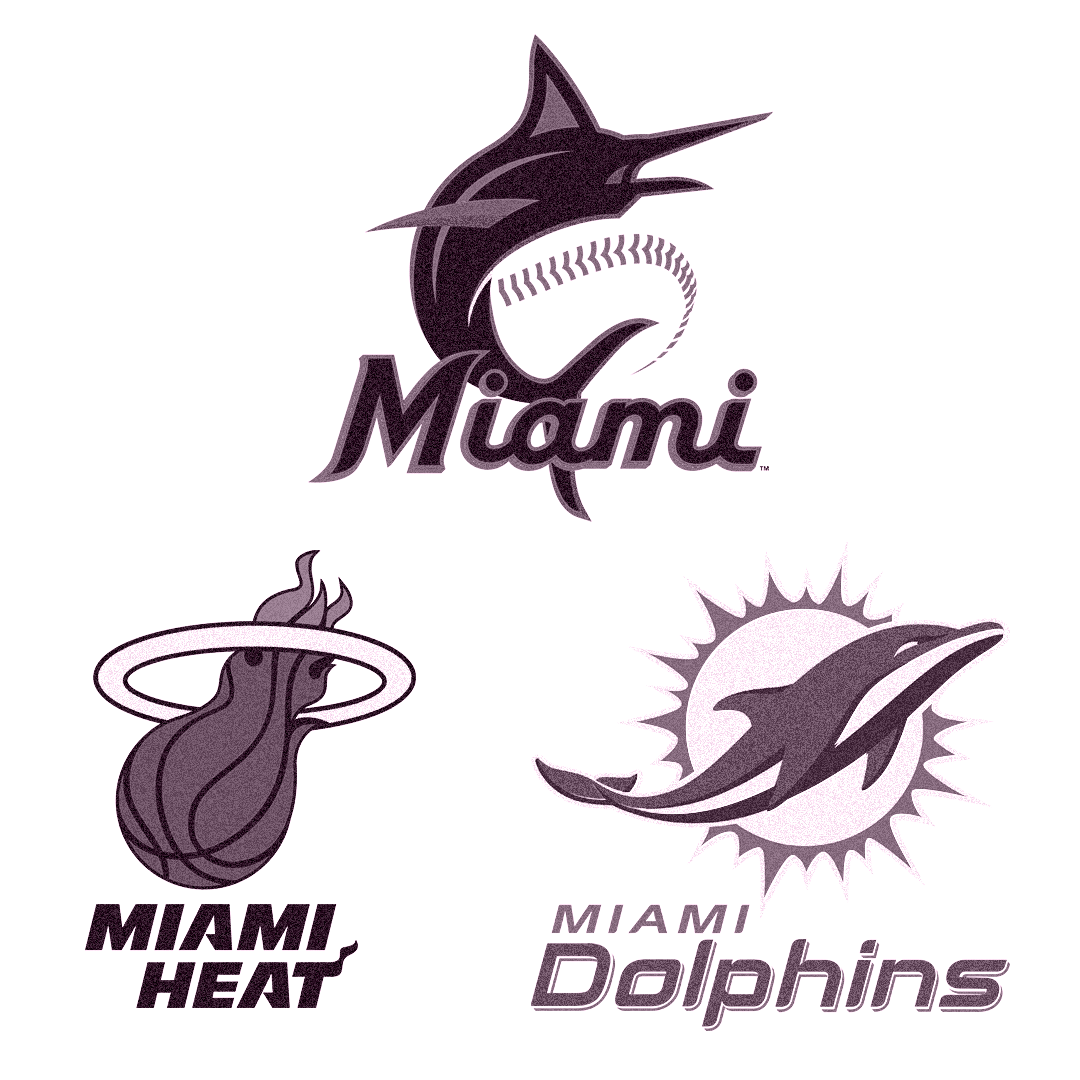
At that point, MLS was on life-support, and it was clear that the league was not mature enough to handle the challenges of Miami. Other franchises playing in Miami, the NBA's Heat, the NFL's Dolphins and the MLB's Marlins, have struggled for relevancy in a city has proven fickle no matter the sport. The Fusion, playing outside the city's boundaries in a league that many deemed inferior, never had a chance.
"I think the league was in a different spot at that time," said Garber. "It had so many challenges that our ability to go into a market that would be considered by most in the business a difficult sports market, we didn't have the strength and we didn't have the capacity and we didn't have the momentum and we didn't have the energy to really overcome big obstacles and Miami. Unfortunately at that time, it was a big obstacle.
"Atlanta is another good example, if we went into Atlanta at that time, we would not have Atlanta United. Frankly, I don't think we would have had it even if Arthur Blank was the owner. The country just wasn't ready. "
He added: "So that sort of teaches us, you know? Sometimes you'll learn from the mistakes you made. You have to have the courage to buck up, suck it up, make tough choices, and then be sure you don't make the same mistakes again."
"EVERYTHING WAS A CHALLENGE.
I WASN'T GOING TO GIVE UP"
DAVID BECKHAM
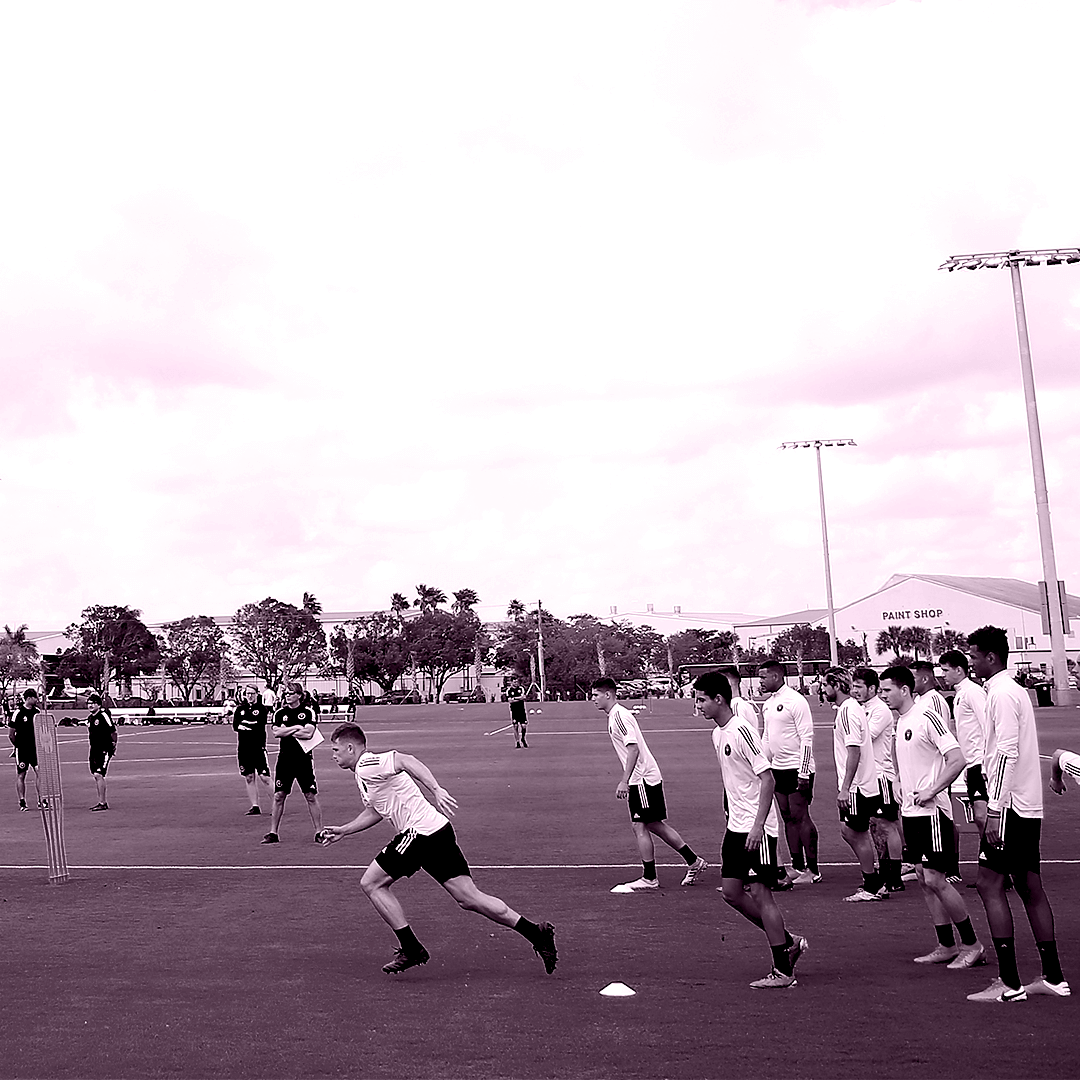
In the months and years that followed the announcement that Beckham would bring soccer back to Miami, it appeared the league hadn't learned from those mistakes. The Miami market was once again proving difficult, this time before a team had even kicked a ball.
On February 5, 2014, Garber announced that Beckham had been awarded an expansion franchise in Miami, fulfilling the former midfielder's contractual write-in that allowed him to purchase a franchise for a reduced fee. The team would need to secure a stadium location, though. Awarding a franchise was easy, but that stadium turned out to be the hard part.
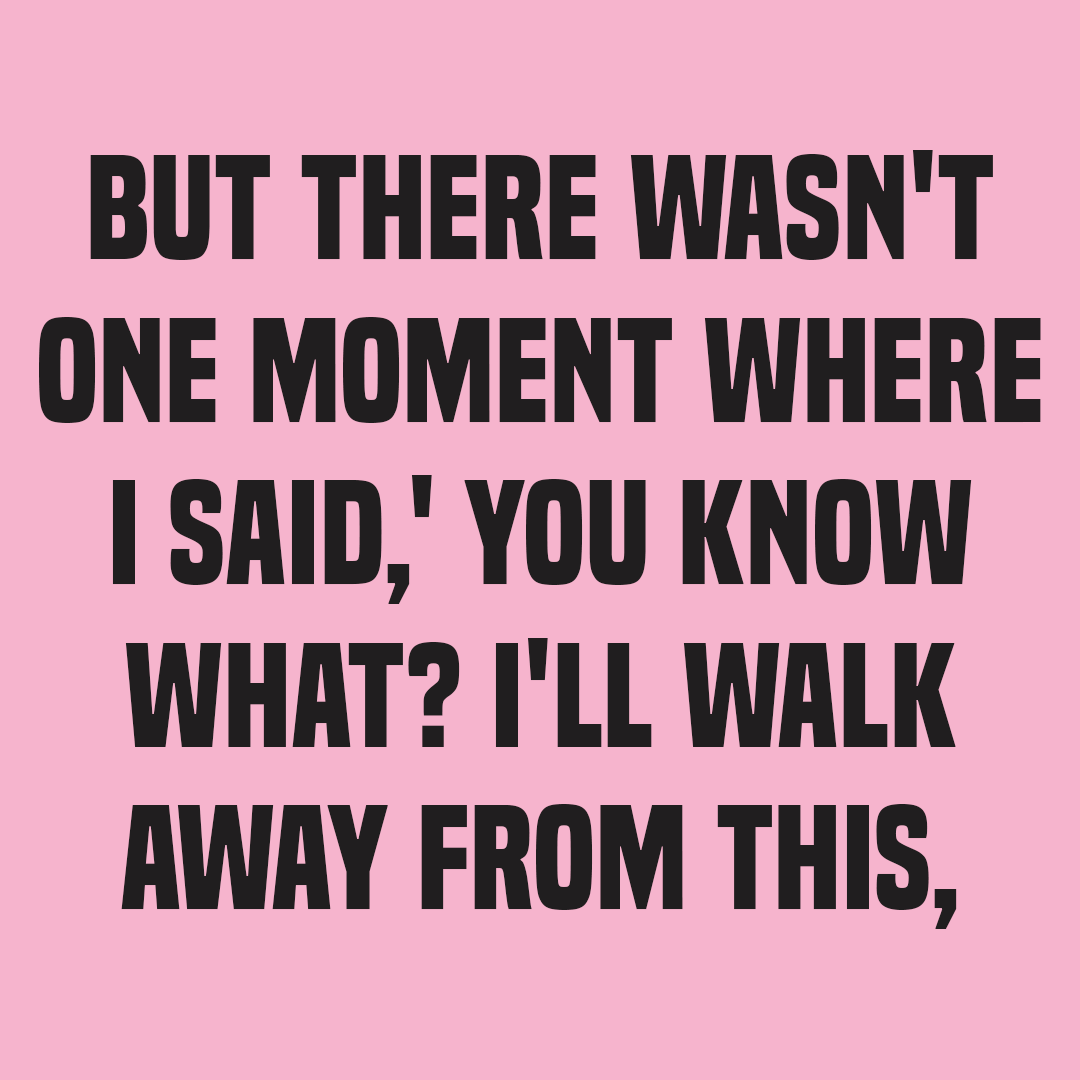
Proposal after proposal fell through. Stadium plans were repeatedly shut down by politicians. One plan featured the club playing on an artificial island near downtown. One featured a stadium near Marlins Park, home of the city's baseball team. The team also reportedly considered Riccardo Silva Stadium, a venue named after the owner of Miami FC, a lower division club that once employed Alessandro Nesta and has repeatedly brought MLS and U.S. Soccer to court over the country's lack of promotion and relegation.
"Everything that we tried to do to get this franchise up and running was a challenge," Beckham said. "It wasn't one thing from finding the land, picking what kind of stadium that we wanted, what kind of players we want, even down to what tiles we have in the showers. Everything was a challenge. I wasn't going to give up. I was never going to give up in any way. There were moments where I looked and thought that this might not happen. There were definitely moments like that.
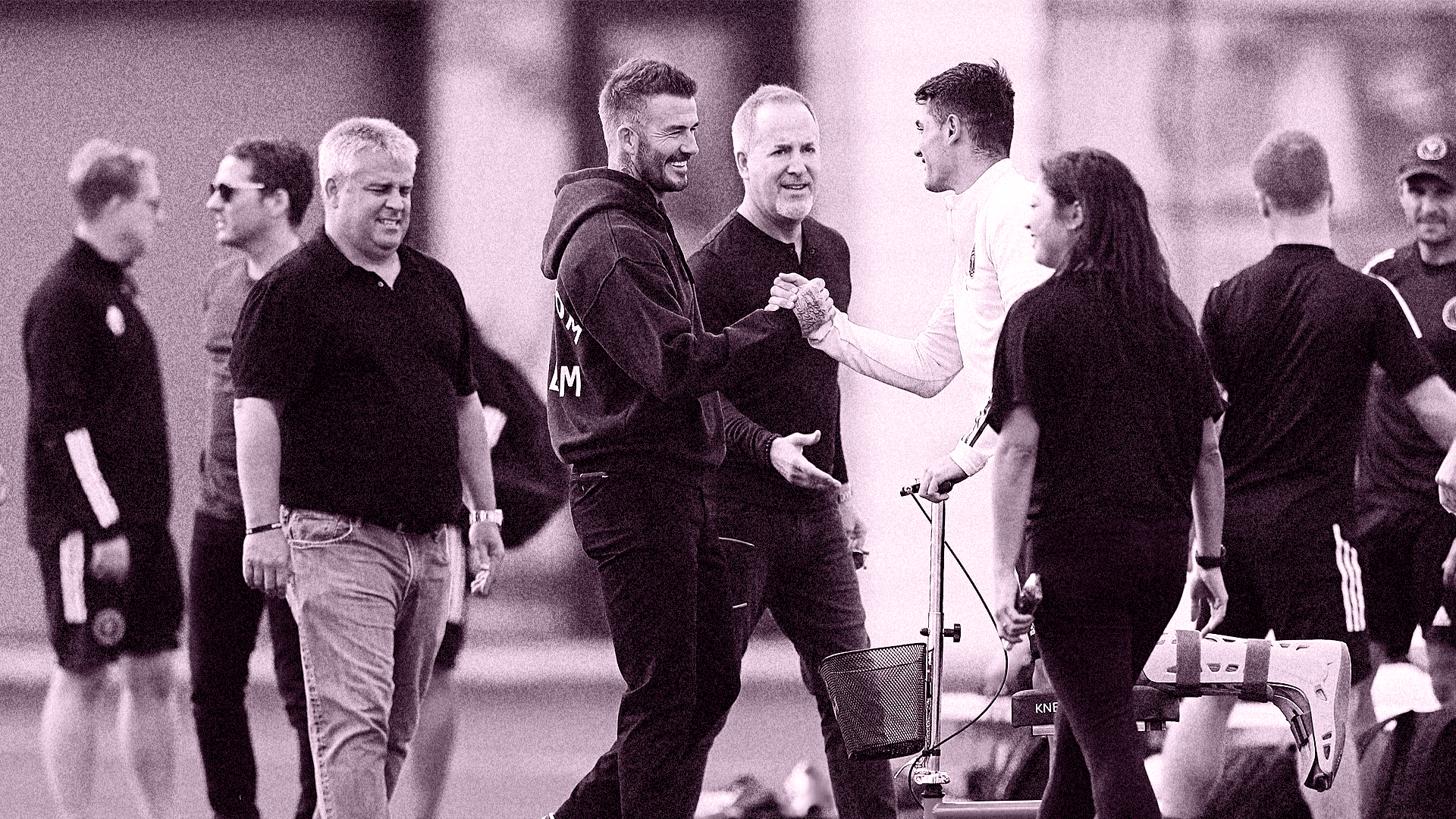
"But there wasn't one moment where I said,' You know what? I'll walk away from this,' because I knew that Miami was the right place to do this."
That plan eventually came together thanks to the influence of Beckham's co-owners. In 2017, Beckham and co-owner Marcelo Claure were joined by investor Masayoshi Son and brothers Jorge and Jose Mas. The latter two were instrumental in saving the franchise.
The Mas brothers handled the political side that Beckham couldn't. They were Miami natives, and their connection with the city and its politicians helped push the stadium project through. After years of being shut out by those in charge of the city's development, Beckham and MLS had their way in.
"The new Miami has an ownership group that is so deeply connected in the community," Garber said. "Many of you have met Jorge before so this is good. He's a formidable foe for anybody, either on the field or off the field, he is a focused guy.
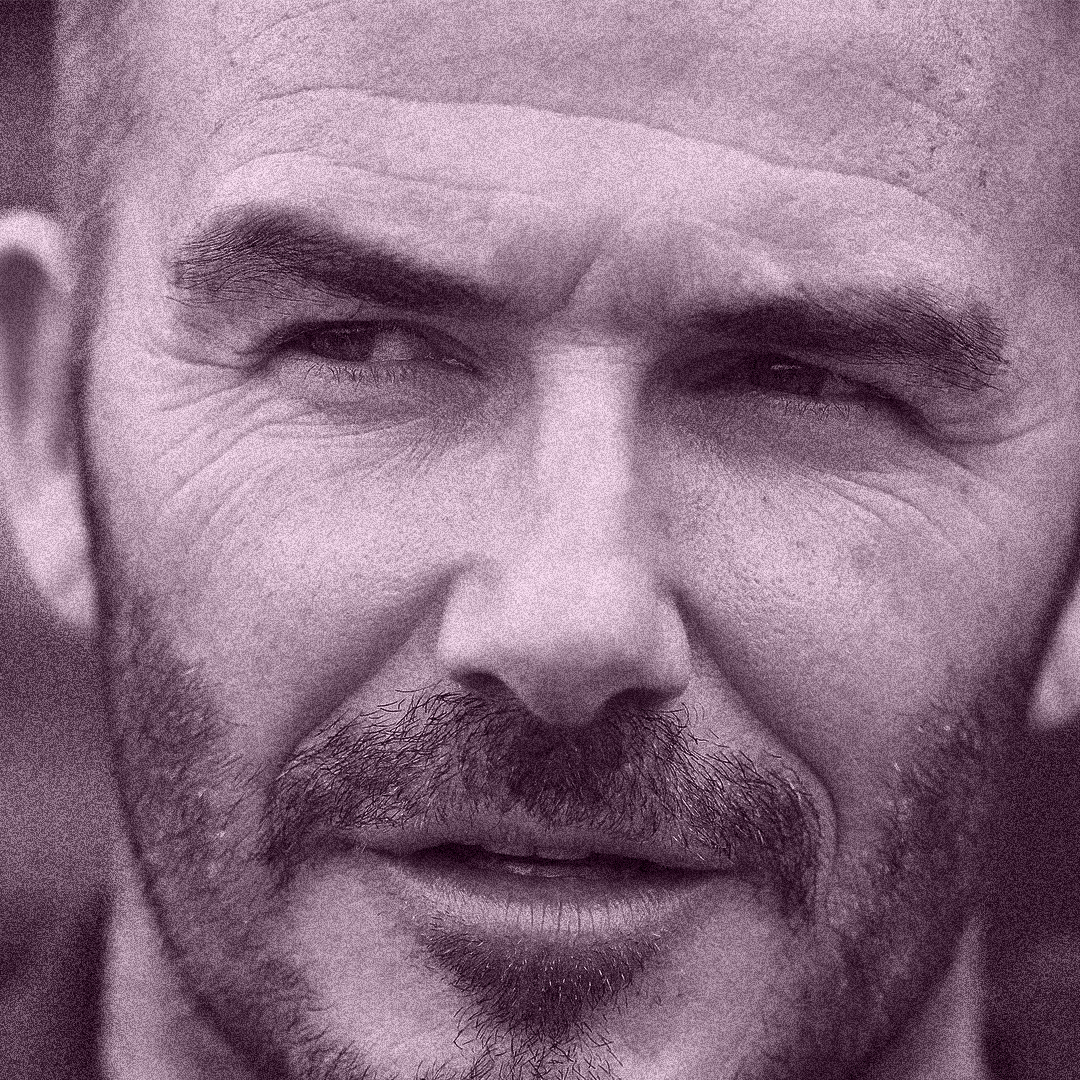
"And then you have David, who now 13 years after he joined the league, David is a seasoned business guy. If you dig into what he's doing with his non-soccer-related businesses, and he has 16 million followers on Instagram, and has a business in and around endorsements and businesses that he's owning and operating. He wasn't that way 10 years ago...That ownership group is world-class. And I think it's world-class enough for us to have this unique dynamic."
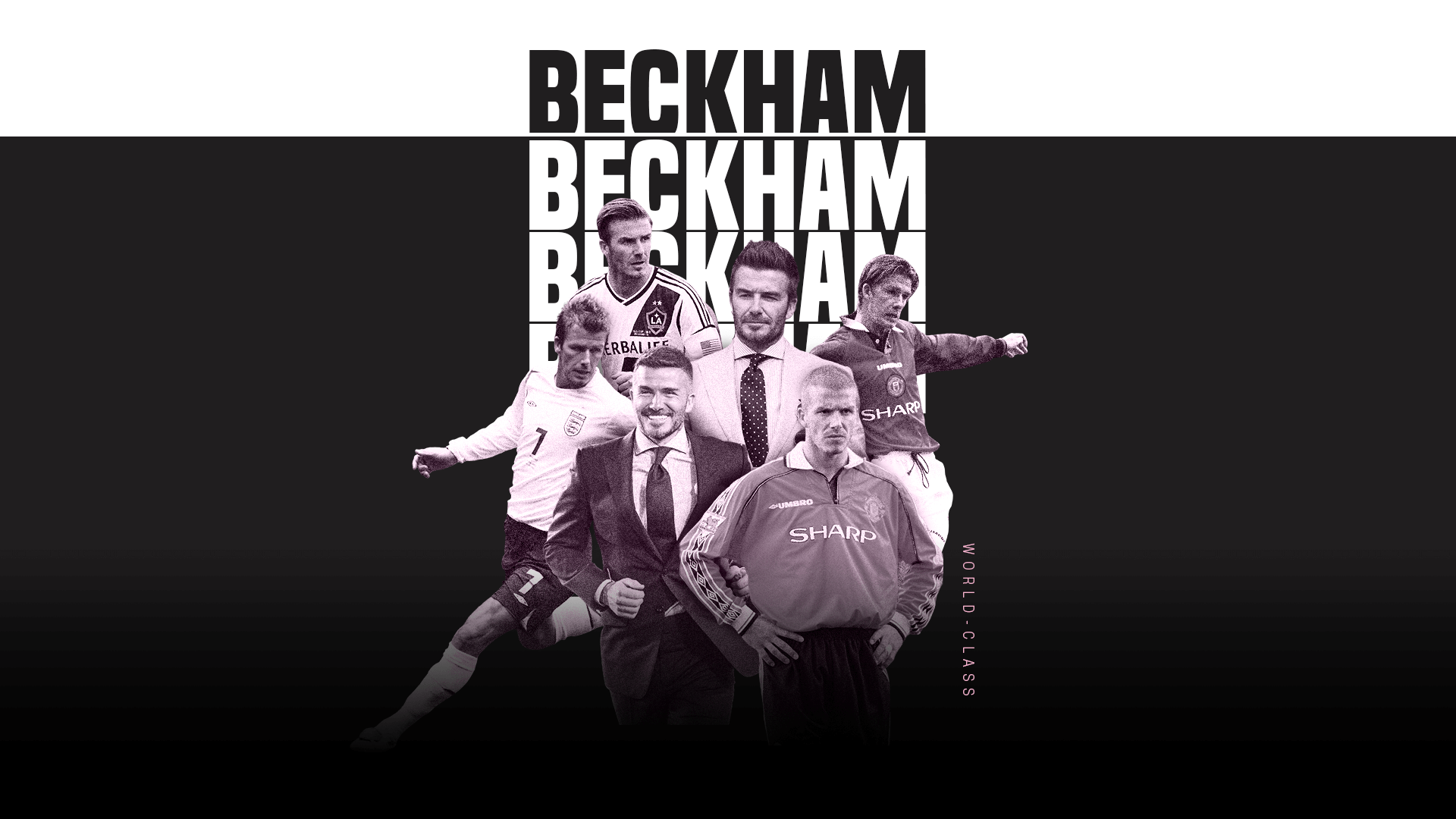
In January 2019, five years after it was announced Beckham would bring a team to Miami, a stadium plan was also confirmed. However, even after all that time, it still had its drawbacks.
Inter Miami will move into their next stadium at Miami Freedom Park in 2022. The venue is a proposed 22,000-seat arena, featuring retail shops, hotels, restaurants, and a training center. Still, there's a lot to work out between now and then. A survey of the proposed site revealed that the land is far more toxic than previously expected, with worse-than-expected arsenic contamination and contaminated soil samples that present a “physical hazard". Ownership insists that won't be an issue, as the club will do whatever it takes to turn that stadium plan into a reality.
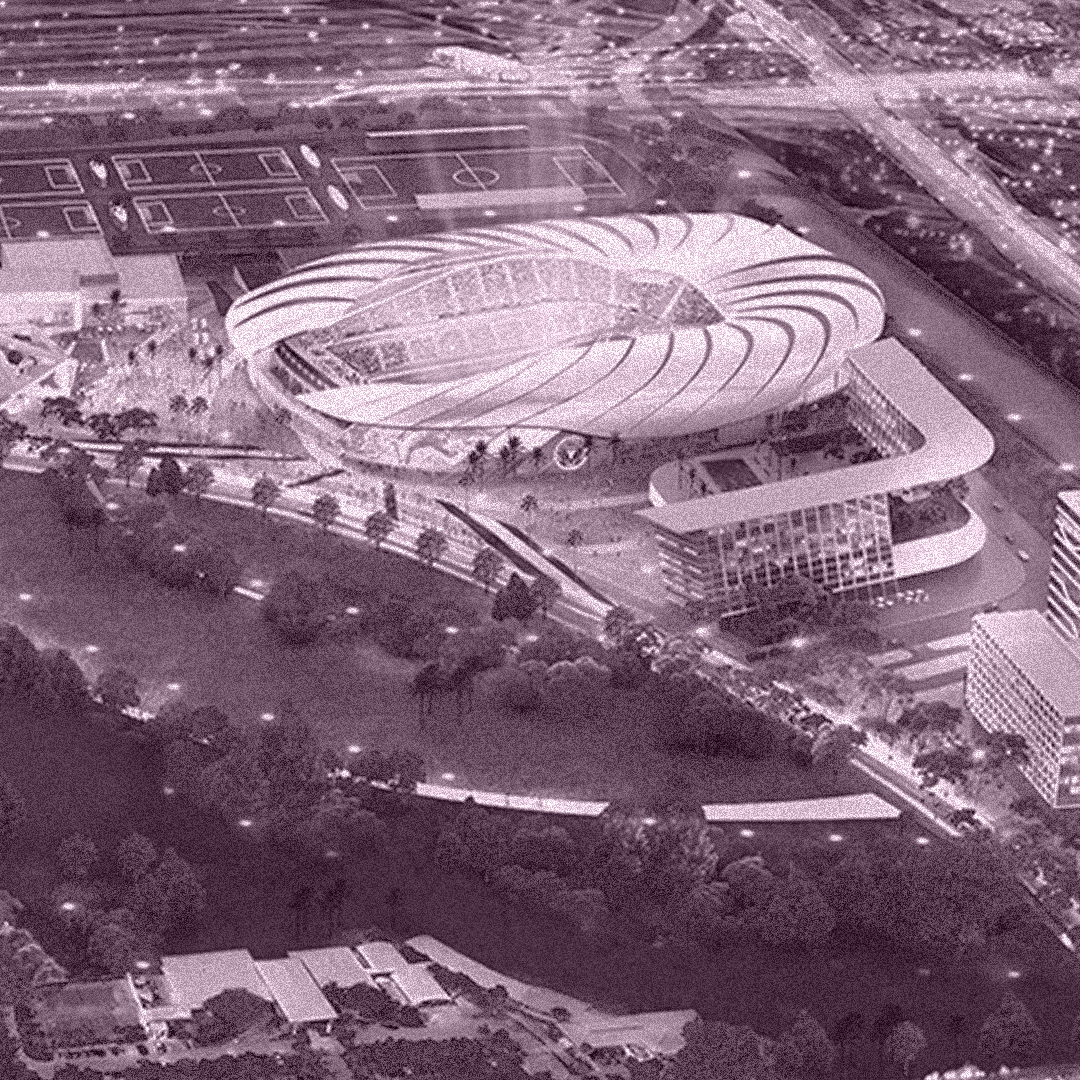
Until that point, Inter Miami ironically will play at a renovated Lockhart Stadium, former home of the Fusion. The stadium, home to the city's great soccer letdown, has been redeveloped, with Garber saying the $120 million spent on the temporary venue outpaces what the Chicago Fire, Houston Dynamo and FC Dallas spent to build their permanent home. That redevelopment has occurred in the year leading up to the club's home debut, with the stadium set to become the club's primary headquarters and its youth academy when the big move happens.
"The reality is, of how we look at the Fort Lauderdale stadium is we will definitely be there for two years," Mas said in February before the coronavirus shutdown. "You know the Miami Freedom Park project in Miami. I'm very confident that in the next 60 to 90 days we'll get a green light for that project, but frankly it will probably take a couple of years to live in the stadium. In all likelihood then, the more it's delayed, the more spillover we will have into the potential date. I don't foresee us being in Lauderdale more than three years.
"We started building our training facility and our stadium less than 10 months ago," Beckham added. "Orlando did a whole skit at the time about Jurassic Park where I was stood there with tumbleweeds rolling past and we did this announcement at our facility, and there was. There were weeds everywhere. It was quite funny, but they'll be quite surprised to see what's happened to that facility right now. It's all happened in the last eight to nine to 10 months, but we're very proud and we're very excited about this weekend."
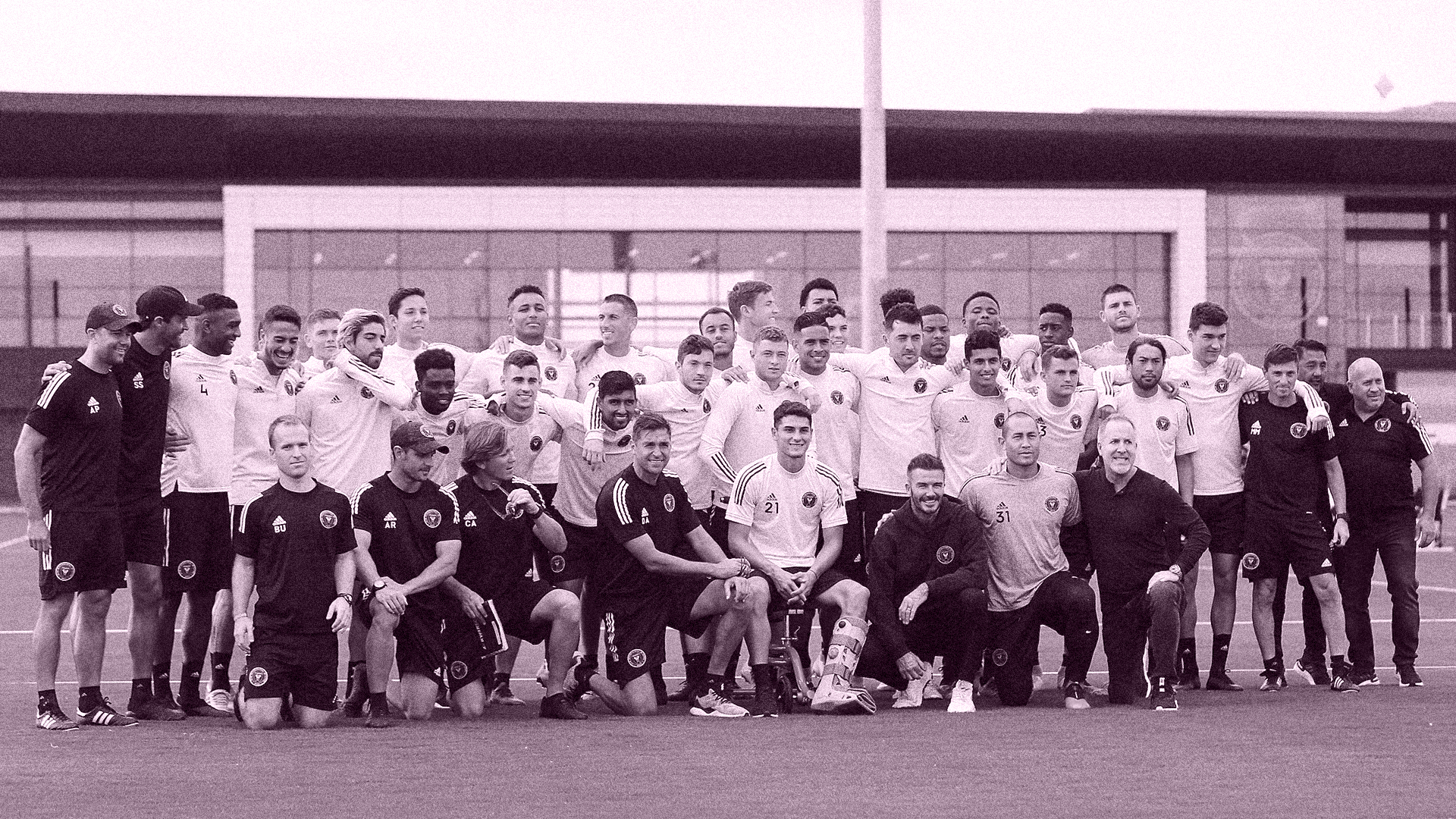
With the outbreak of the coronavirus, Inter Miami's home debut against the LA Galaxy was postponed just days before kicking off. As a result, that return date remains uncertain as everyone waits out a global pandemic with no real certainty of what the world will be like when life returns to some measure of normalcy.
Miami is a city perhaps like any other in the world when it comes to sports and its local teams. No matter how good or bad teams are in Miami, life seems go on. Aside from the LeBron James and Dwyane Wade-led Miami Heat, it's been a long time since a sports team truly captured the essence of the city.
The idea is that this Miami team can do just that. The expectation is that they can unite people of different languages, cultures, nationalities and beliefs. The belief is that soccer can break into the city in a way that no other team has. The belief is that this time will be different, that this is a city and franchise that are both ready for everything that went wrong all those years ago.
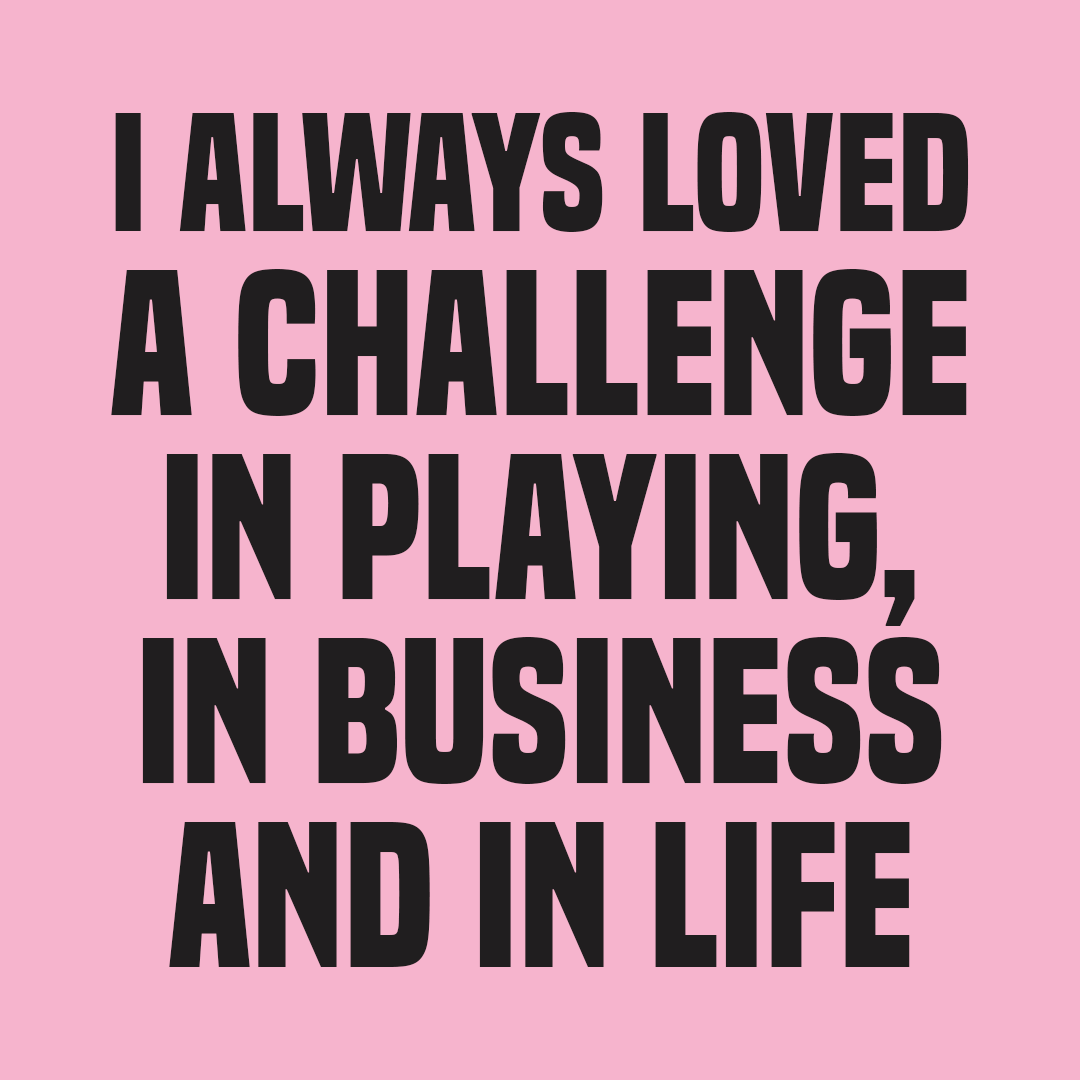
"This club is for the people of Miami and South Florida," Beckham said. "We said that from Day 1 that there's always been a strong culture in Miami and South Florida for sports in general and also for football in general. There are a lot of fans that are Barcelona fans, Real Madrid fans, and fans of football in general whether it's La Liga or the Premier League.
"We really have a strong fanbase there for the game in general. The culture we want to bring in, we want an exciting team, a team of young talented players, and I've said from Day 1 that one of the most important things for me in this club is the young talent we have that runs through Miami and South Florida."
He added: "Success for me personally is when we kick that ball... in our stadium, in our city, that's success. I would like to win a trophy or two, so that's even more success. But the fact that we've done what we've done and achieved what we've achieved, that's success."
